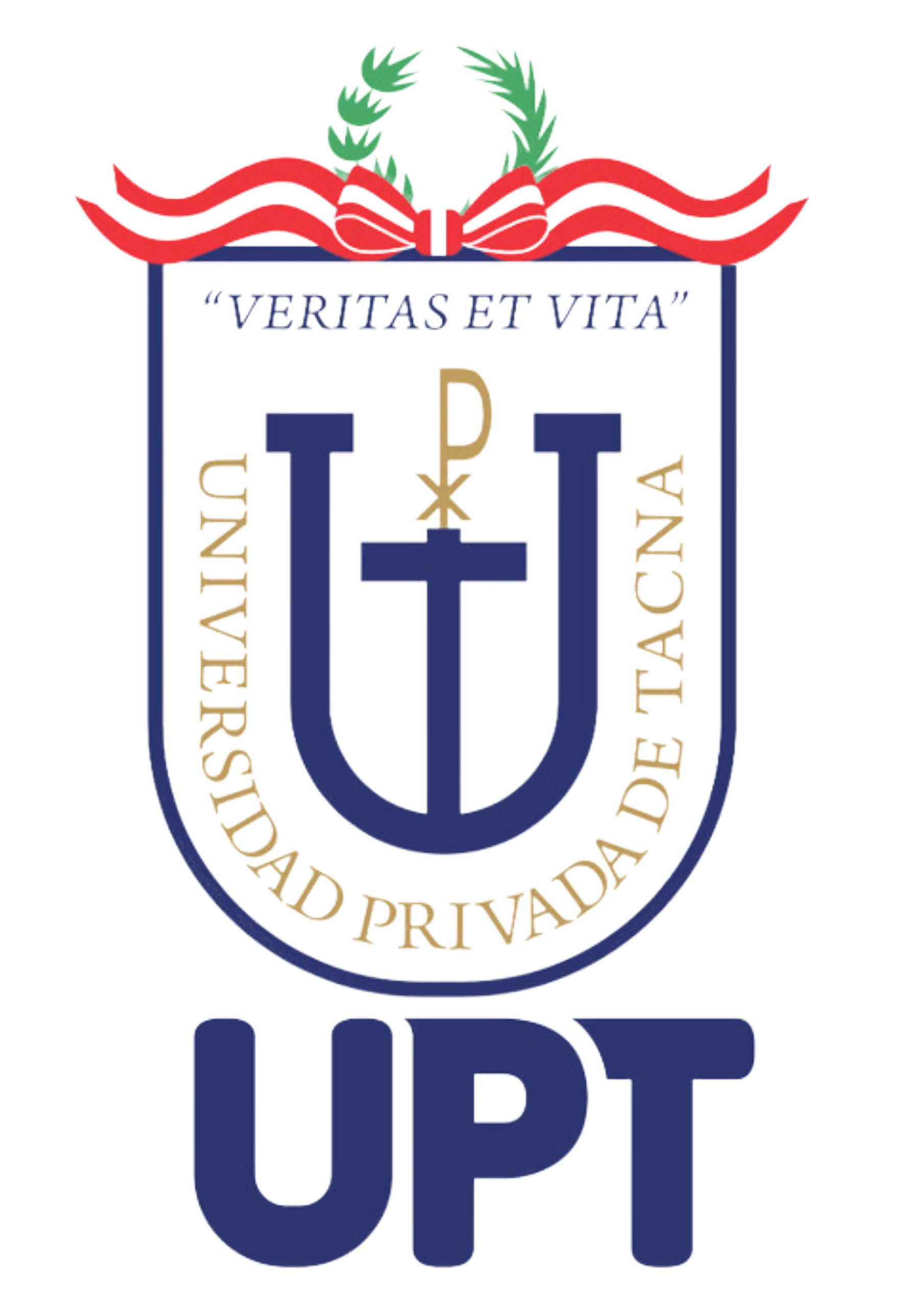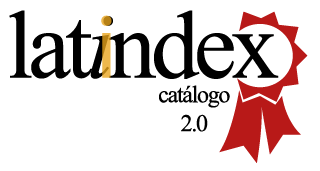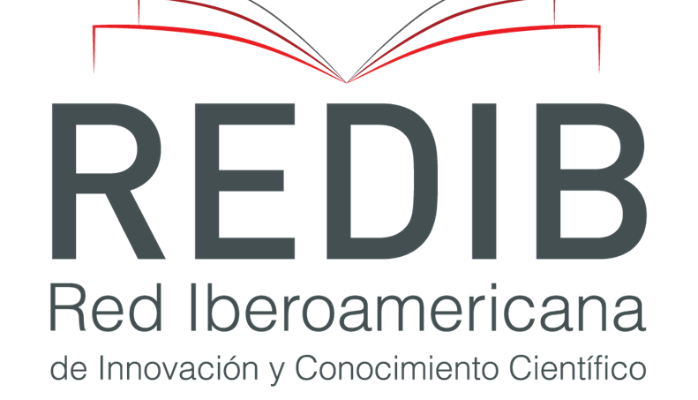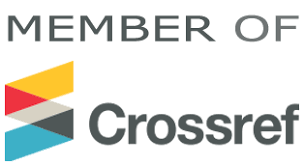Anti-plagiarism policy
The journal guarantees that the articles are original and unpublished, for this purpose, it does not accept plagiarism. Therefore, all manuscripts will be reviewed using Turnitin software to preliminarily detect the similarity of the document with previously published texts to avoid voluntary or involuntary copies. If the manuscript presents percentages of similarity greater than 15% it is considered unacceptable. However, each case will be analyzed individually verifying the fragments detected as coming from other documents that are correctly cited (using quotation marks or transcribed in separate paragraphs) and referenced. It will be verified with greater emphasis in the sections on results, discussion and conclusions.
Process for Identifying and Addressing Allegations of Research Misconduct
Ingeniería Investiga performs a rigorous evaluation of the articles submitted for publication in order to achieve high quality standards in their editions. To this end, in addition to complying with the percentages of similarity provided, authors who agree to the evaluation of their manuscript must strictly adhere to the code of ethics to avoid improper practices that may affect the rigor in the evaluation.
For this reason, the Ingeniería Investiga journal subscribes to the code of ethics for the action and performance of those involved in the publication process established by the Committee on Publication Ethics (COPE) available at publicationethics.org, so reviewers should be guided in aspects of professional responsibility, conflict of interest, and recommendations to make a critical review, but at the same time enriching for the authors in particular and the journal in general.
The committee's reminders will be followed on what to do if any of the following issues is suspected:
- A manuscript is redundant or duplicated
- There is a presumption of plagiarism
- Invented data
- Request to add or delete authors before or after publication of the manuscript.
- Alleged existence of anonymous authorship or gifted authorship
- Existence of conflict of interest
- The manuscript presents a problem of ethics
- Misappropriation by the reviewer of the author's ideas or data







